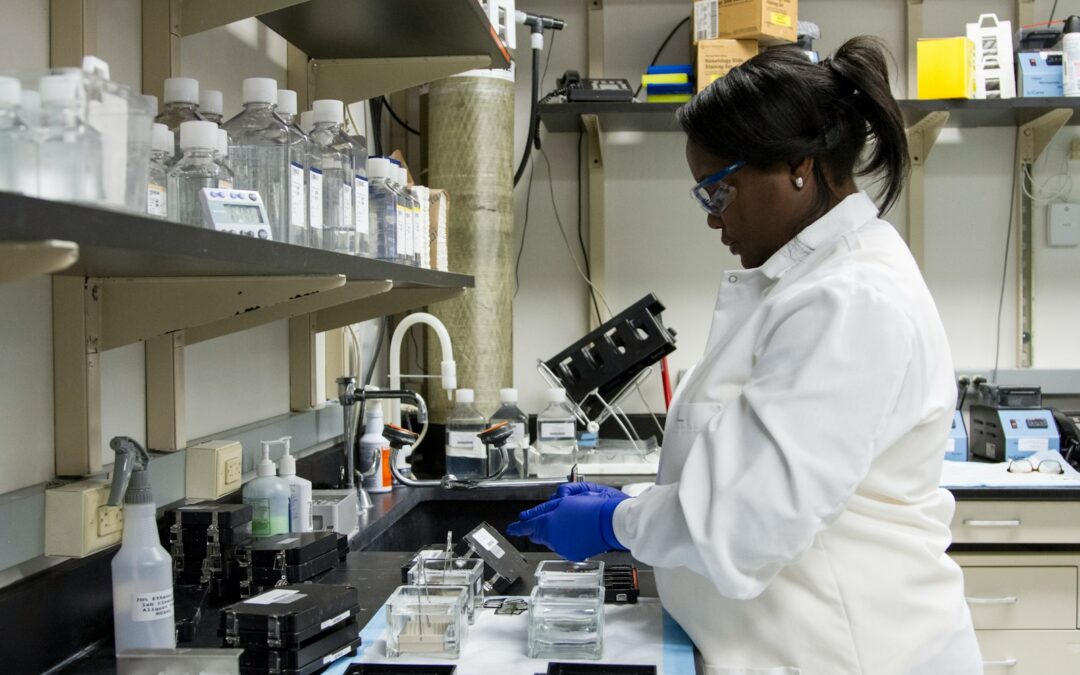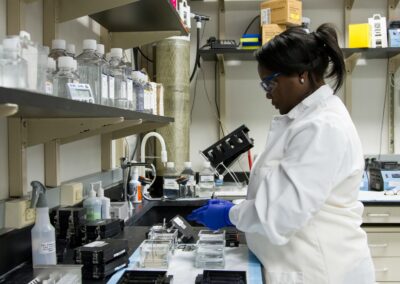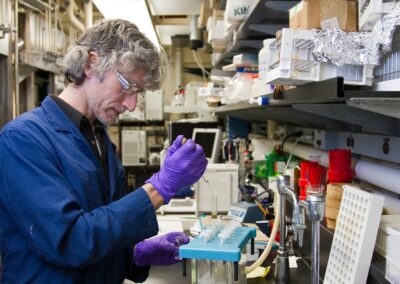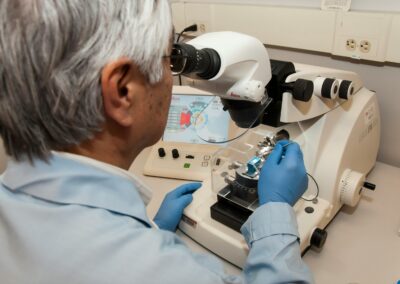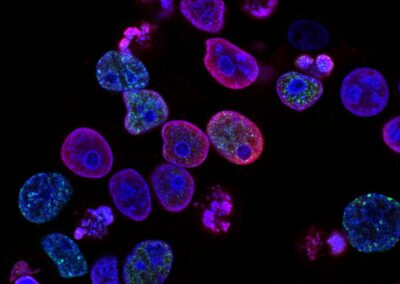Advancements in Precision and Versatility
Revolutionizing Genetic Modifications
The future of genetic engineering is marked by the development of increasingly precise and versatile genome editing tools. Innovations in genetic modifications are poised to transform various fields, including medicine, agriculture, and environmental science. Modern genome editing tools, such as CRISPR-Cas9, have already demonstrated their potential to make precise changes to the DNA of living organisms. These tools are not only enhancing our ability to understand genetic functions but also paving the way for groundbreaking applications.
In the realm of precision medicine, advanced genome editing technologies promise to revolutionize how genetic disorders are treated. By allowing for specific alterations at the genetic level, these tools can address the root causes of diseases rather than merely alleviating symptoms. For instance, CRISPR and other novel genome editing methods are being used to develop targeted therapies for genetic conditions such as cystic fibrosis and muscular dystrophy. This advancement aligns with the increasing focus on personalized medicine, which tailors treatments to individual genetic profiles, thereby improving efficacy and reducing adverse effects.
Moreover, the versatility of these tools extends beyond medical applications. In agriculture, genome editing enables the creation of crops with enhanced traits, such as improved resistance to pests and diseases, better nutritional content, and increased resilience to environmental stressors. This can lead to more sustainable agricultural practices and address food security challenges. As genetic engineering continues to evolve, the potential applications of these technologies will only expand, offering innovative solutions to global issues.
Innovations Driving Future Applications
As we look towards the future, several cutting-edge innovations are expected to drive the development of more advanced genome editing tools. One such innovation is the expansion of CRISPR technologies to include new variants and improved delivery methods. Researchers are continually refining CRISPR systems to enhance their precision and reduce off-target effects, making genome editing safer and more reliable.
Another promising area is the integration of artificial intelligence (AI) with genome editing. AI algorithms can analyze vast amounts of genetic data to predict the outcomes of specific edits, optimize editing strategies, and identify potential risks. This integration not only accelerates the research process but also enhances the accuracy of genetic modifications. In Saudi Arabia and the UAE, where there is a strong emphasis on advancing technology and innovation, the fusion of AI and genetic engineering could lead to significant breakthroughs and applications in various sectors.
Additionally, the development of more sophisticated genome editing tools, such as base editors and prime editors, is expected to further enhance the capabilities of genetic engineering. These tools offer greater precision and fewer unintended consequences compared to traditional methods, expanding the range of possible genetic modifications. The future of genetic engineering will likely see a convergence of these advancements, leading to more versatile and effective solutions for complex challenges.
Transforming Healthcare and Medicine
The impact of advanced genome editing tools on healthcare and medicine cannot be overstated. With the ability to make precise genetic modifications, these technologies have the potential to address previously untreatable genetic disorders and personalize treatments based on individual genetic profiles. This progress represents a significant leap forward in the field of precision medicine, which aims to provide more effective and targeted therapies for a range of conditions.
In addition to treating genetic disorders, advanced genome editing tools are also paving the way for innovative therapies in oncology. For example, researchers are exploring the use of CRISPR to enhance the effectiveness of cancer immunotherapies by modifying immune cells to better target and destroy cancer cells. As these technologies continue to evolve, they will likely play a crucial role in advancing cancer treatment and improving patient outcomes.
The development of these tools also holds promise for addressing global health challenges. By enabling the creation of genetically modified organisms that can produce therapeutic proteins or vaccines, genome editing can contribute to more efficient and accessible healthcare solutions. This is particularly relevant in regions like Saudi Arabia and the UAE, where there is a growing focus on advancing healthcare and biotechnology sectors.
#GeneticEngineering, #GenomeEditing, #CRISPR, #Biotechnology, #PrecisionMedicine, #AgriculturalBiotechnology, #Innovations, #SustainableSolutions

